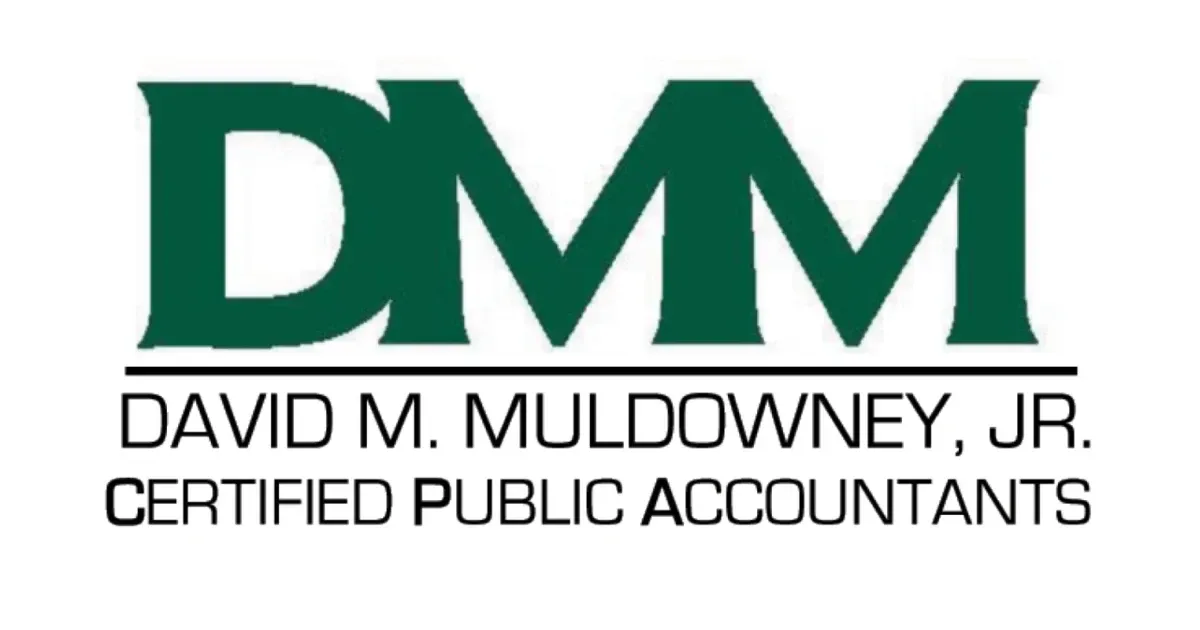Jul 24 2025 15:43
Understanding the One Big Beautiful Bill Act for Businesses
As a business owner navigating the complexities of new federal legislation, understanding the impact of the One Big Beautiful Bill Act is no small feat. Introduced as a significant tax reform package, this act builds upon the foundations laid by the 2017 Tax Cuts and Jobs Act. In this blog, we'll distill these reforms into clear takeaways to help you strategize effectively.
Bonus Depreciation Returns
The One Big Beautiful Bill Act allows businesses to permanently expense 100% of qualified capital assets acquired from January 20, 2025. This includes manufacturing buildings placed in service before 2031, providing a significant opportunity for capital investment.
QBI Deduction and Charitable Contribution Limits
Good news for entrepreneurs: the 20% Qualified Business Income (QBI) deduction is now a permanent fixture. The phase-ins have been expanded to $75,000 for single filers and $150,000 for joint filers. Moreover, we see the introduction of new floors: a 1% floor for corporate charitable contributions and a 0.5% AGI floor for individuals itemizing deductions.
R&D Expensing Reinstated
Businesses involved in domestic research are benefited by the full deductibility of R&D costs. However, expenses for foreign research still require amortization. The accelerated recovery of capitalized R&D from 2022 to 2024 further boosts local innovation efforts.
Meal Deduction and Moving Expense Updates
Starting in 2026, on-site employer-provided meal deductions will face limitations, though certain fishing businesses are exempt. Additionally, moving expense exclusions have been permanently repealed except for active-duty military personnel.
REIT Subsidiaries and Qualified Small Business Stock Changes
The act raises the limit on taxable REIT subsidiary holdings from 20% to 25% in 2026. For Qualified Small Business Stock (QSB), a new tiered gain exclusion schedule is established, with a heightened $15 million per-issuer cap and a $75 million gross assets threshold for stock issued after July 4, 2025.
ERTC Enforcement and Disaster Loss Relief
Businesses should be mindful of the expanded IRS authority and extended statute of limitations regarding erroneous Employee Retention Tax Credit (ERTC) claims. On the relief side, TCJA casualty loss deduction rules are now permanent, with state-declared disaster losses also qualifying.
Opportunity Zones and Excise Taxes
The enhancements in Opportunity Zone definitions include rural incentives, new reporting rules, and a 10-year rolling designation beginning in 2027. Recognize the new 1% excise tax on certain cash-based remittances abroad, with exceptions for bank and card transfers.
While the One Big Beautiful Bill Act introduces broad tax changes, proactive planning will help your business navigate these shifts smoothly. Consulting with a tax professional can ensure compliance and optimal adaptation to these new regulations.



